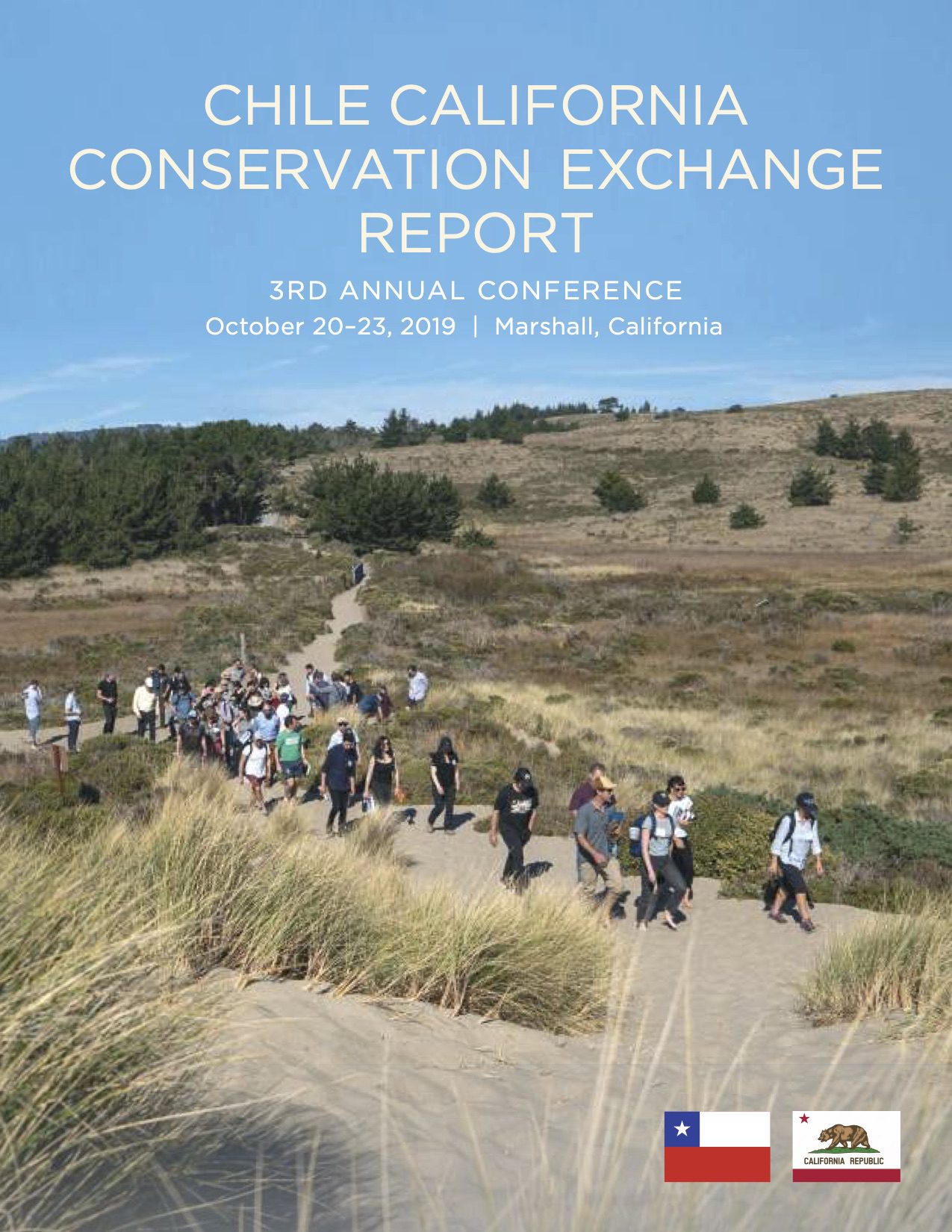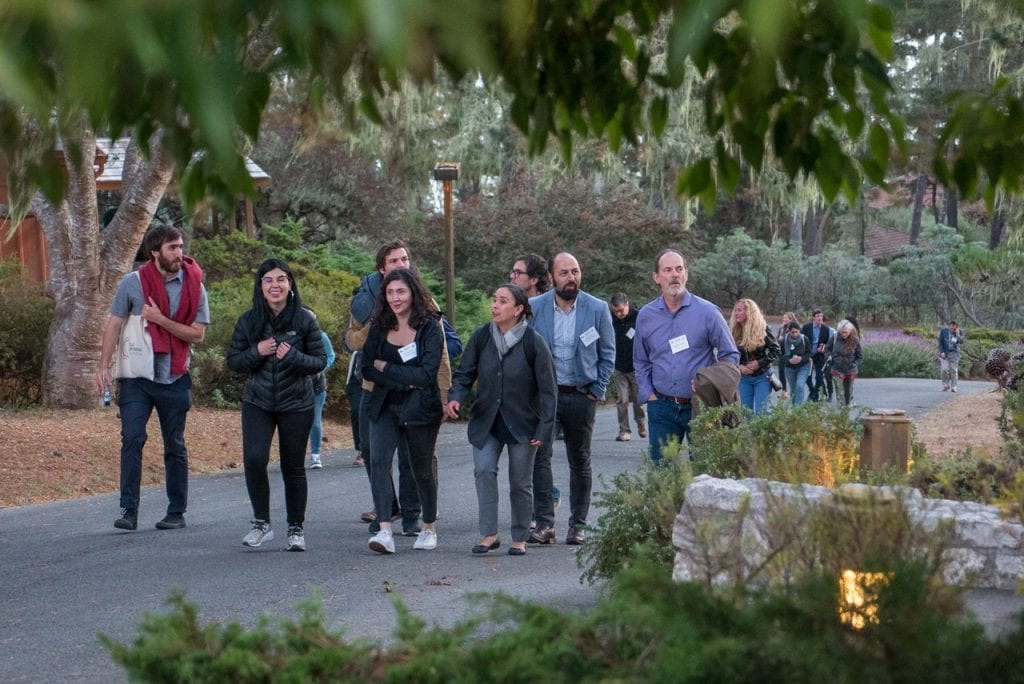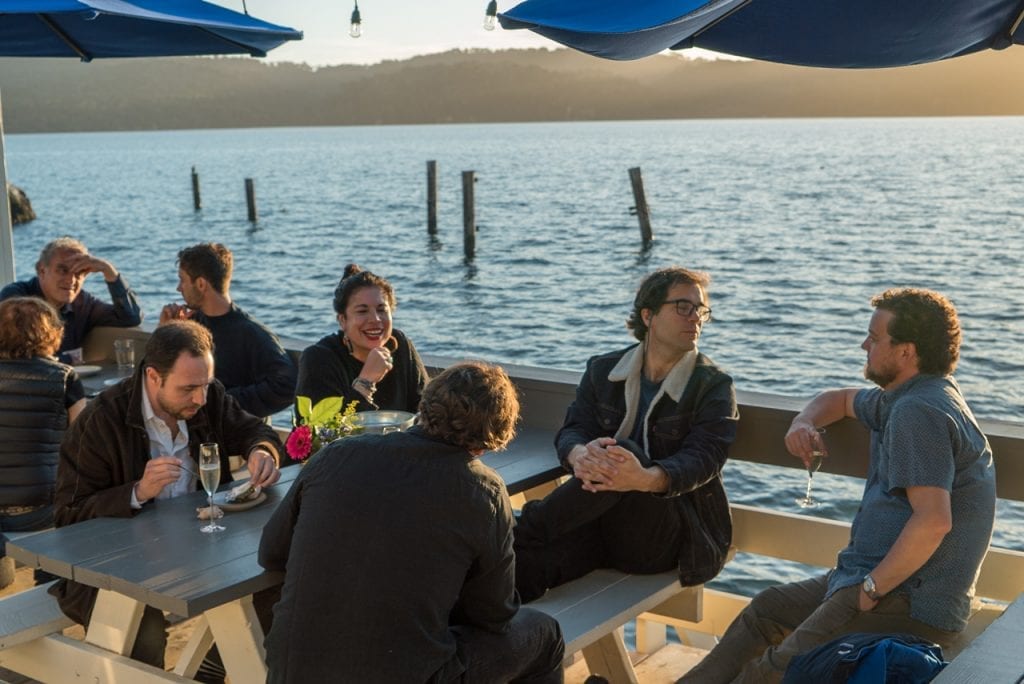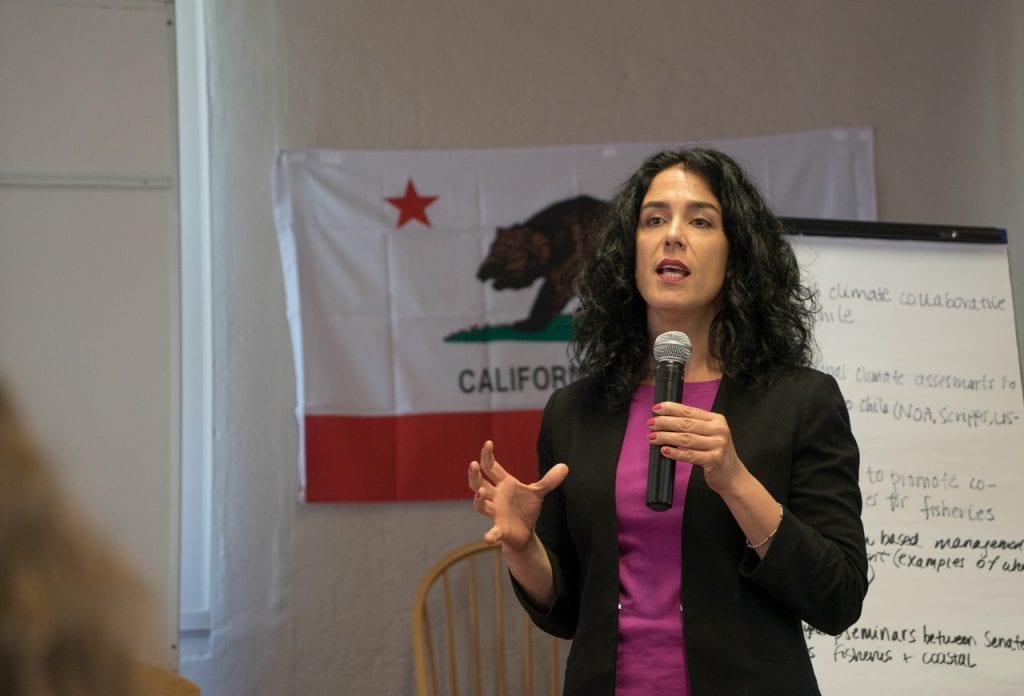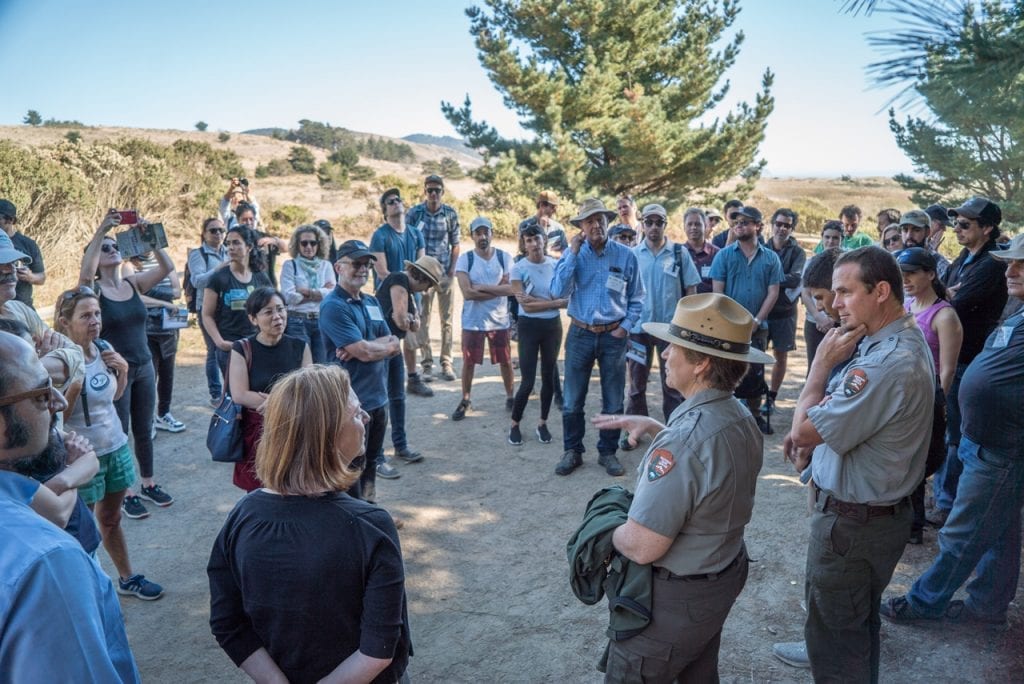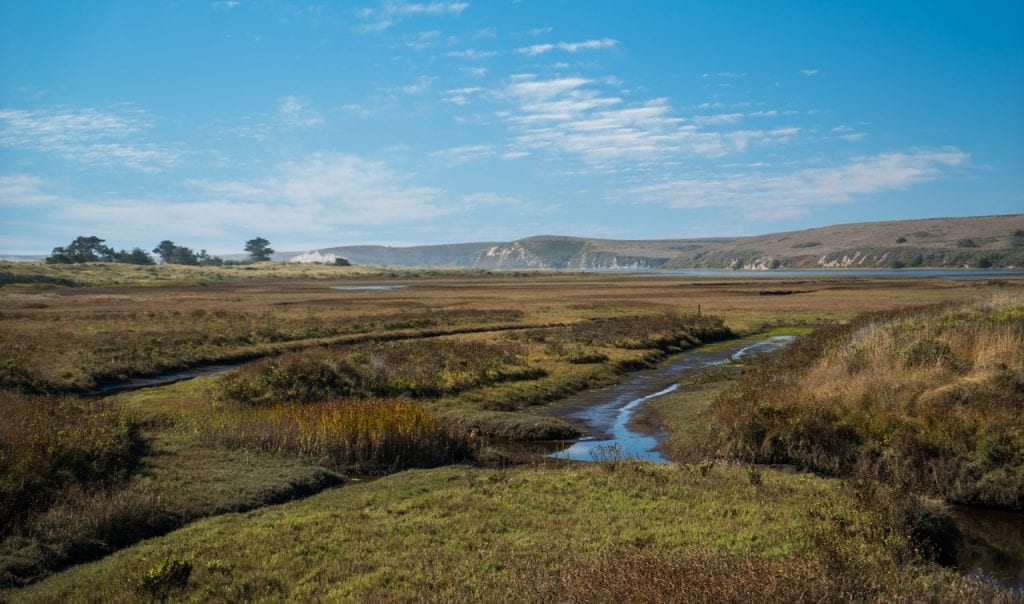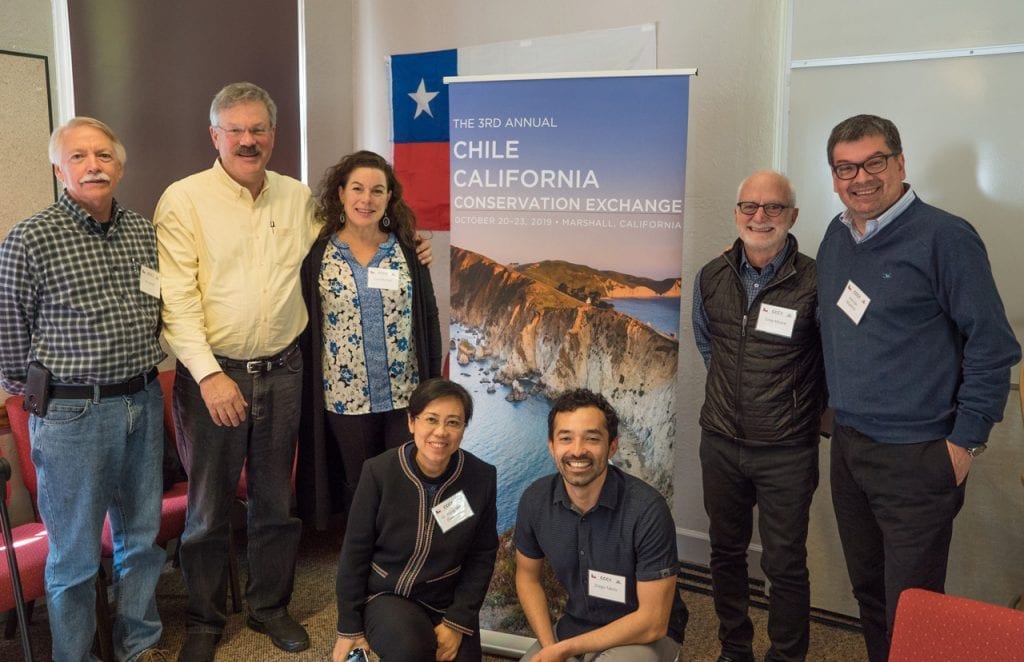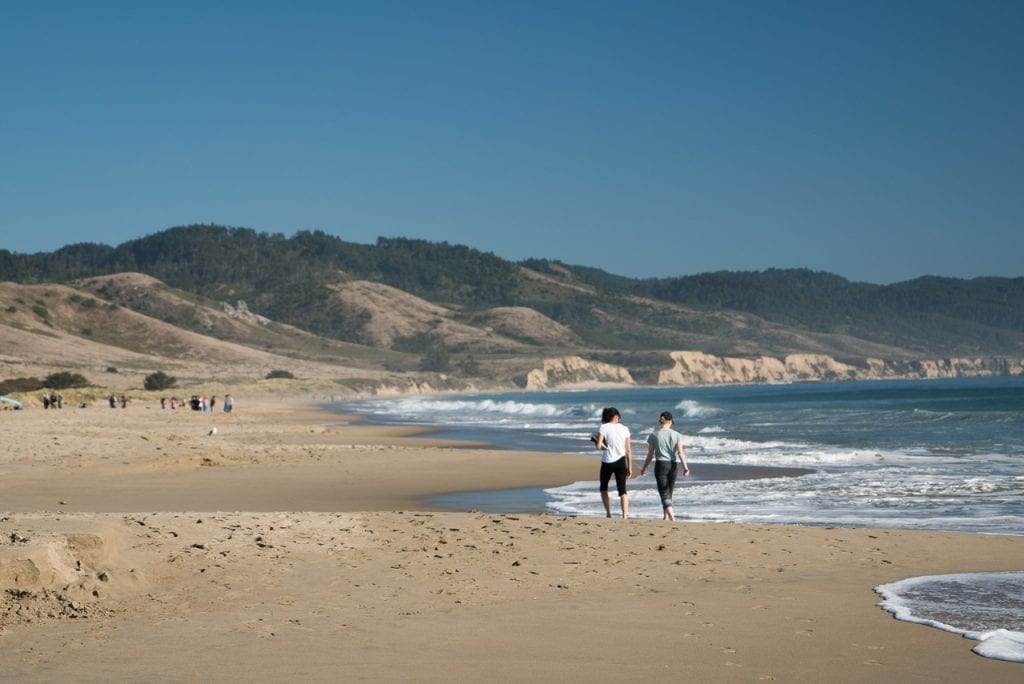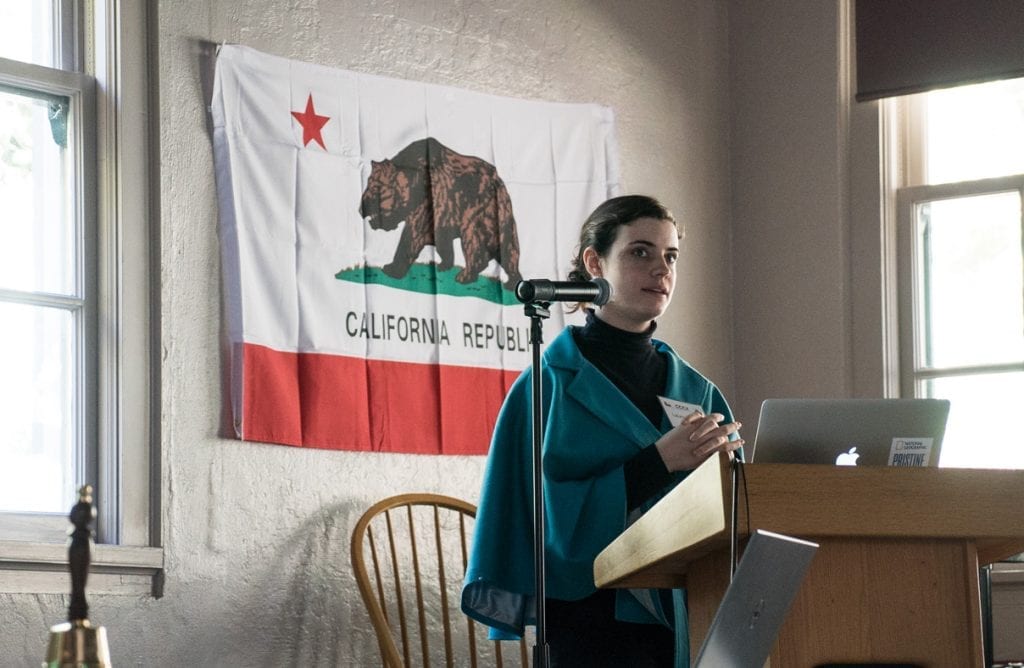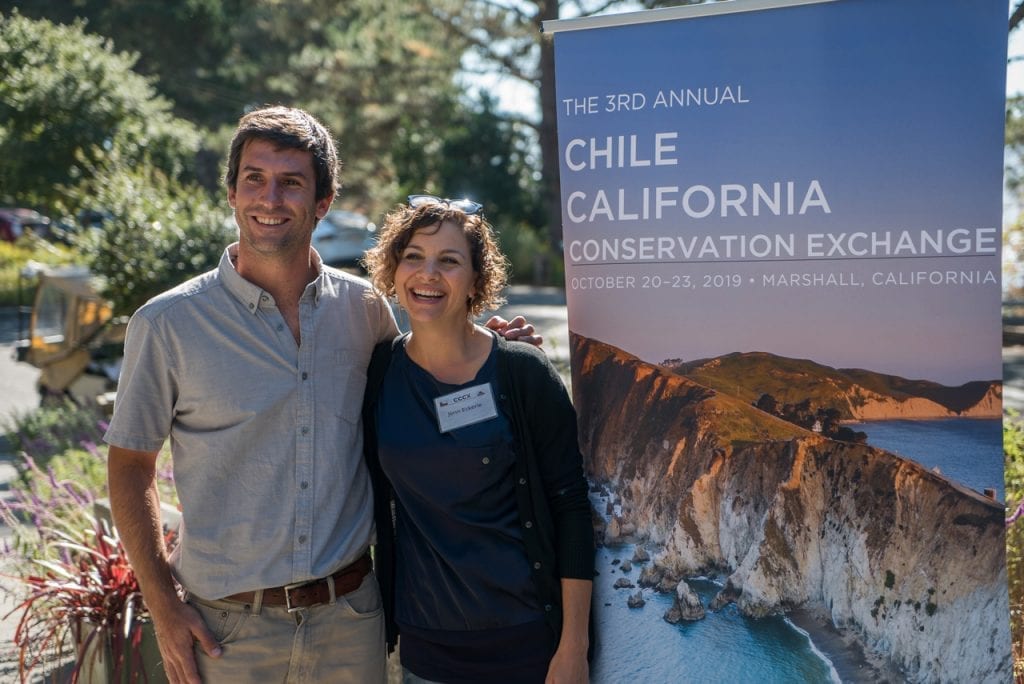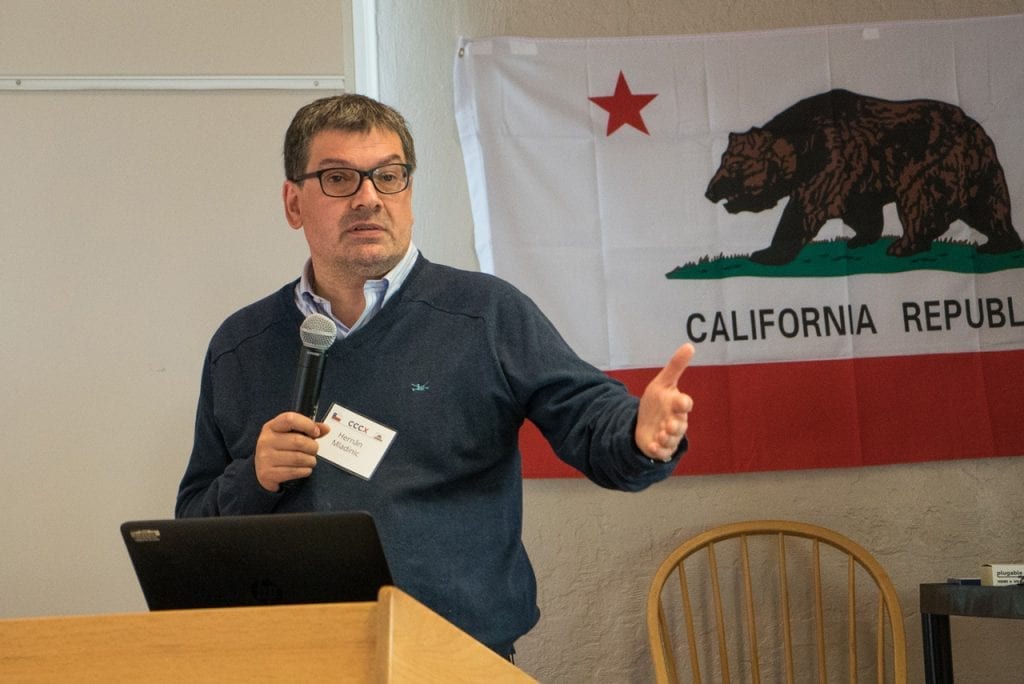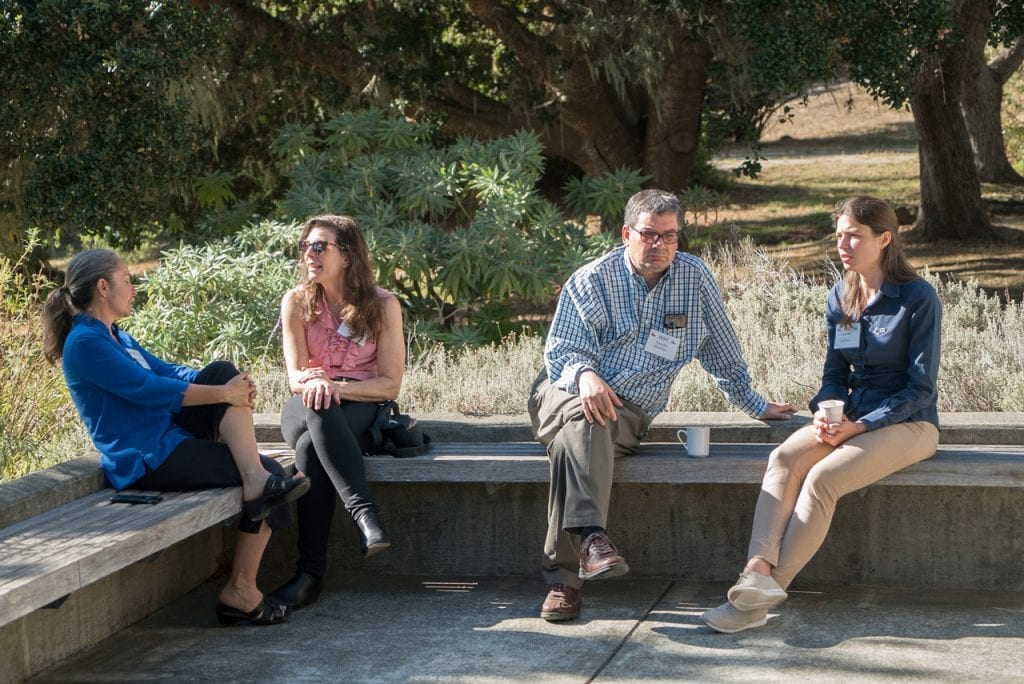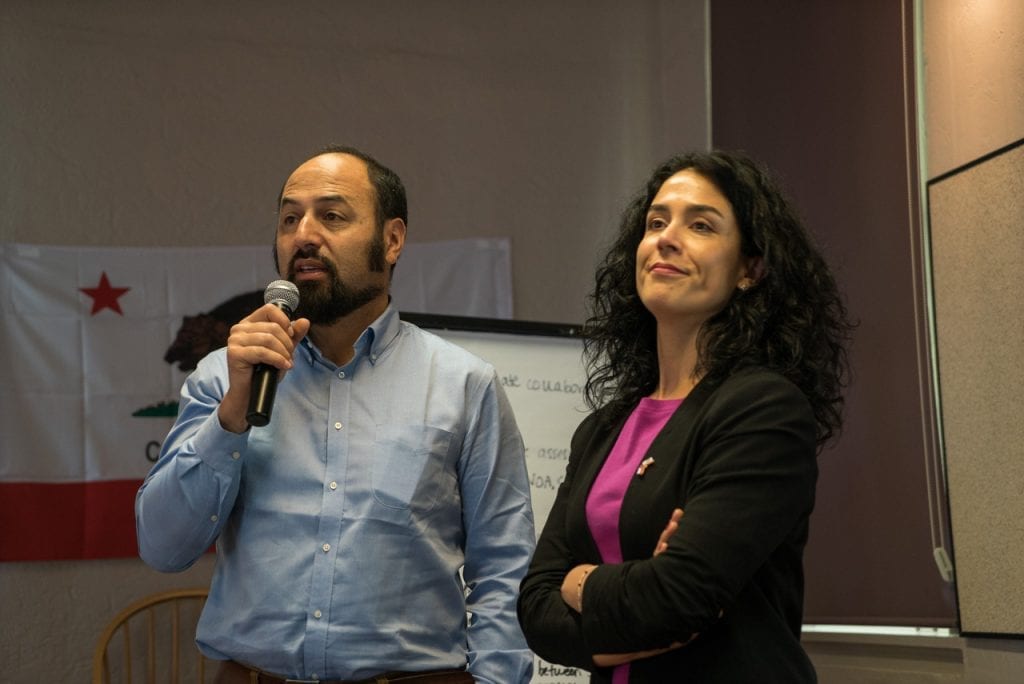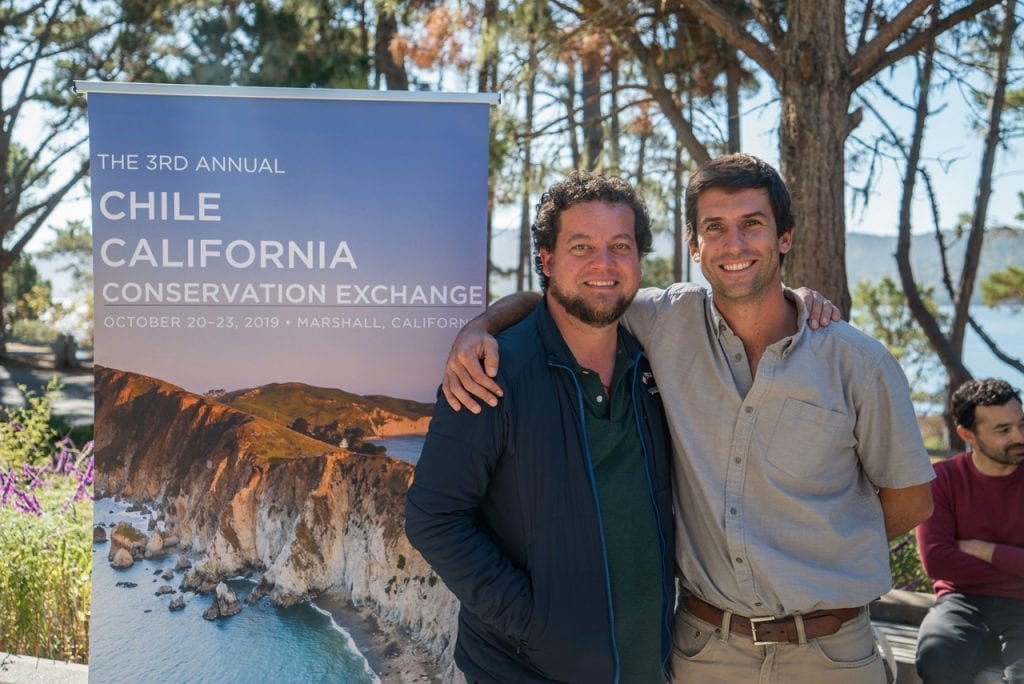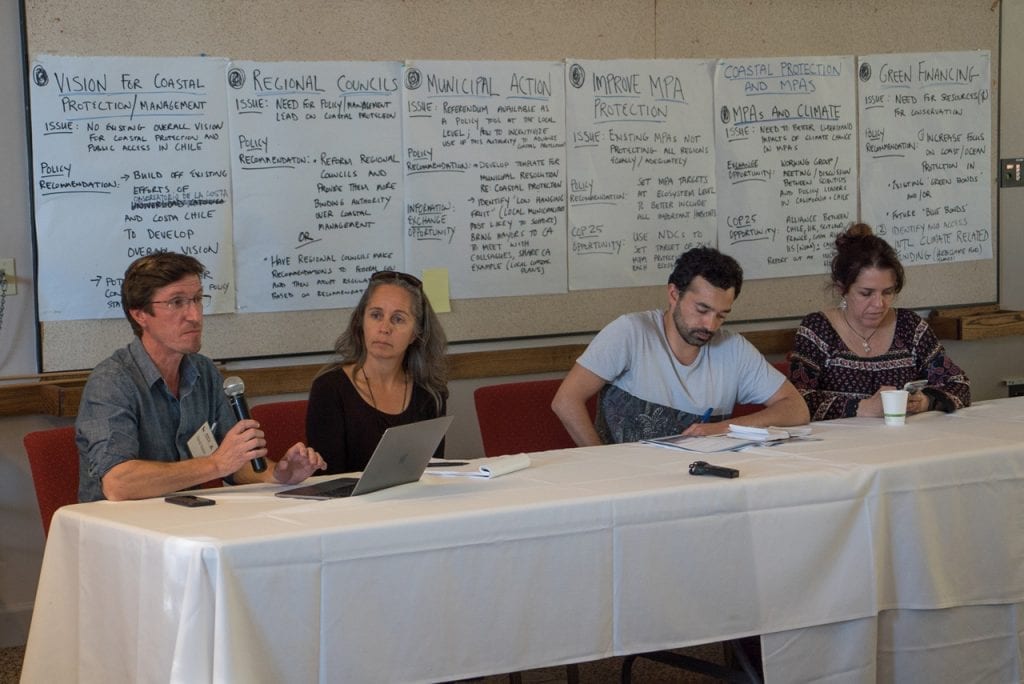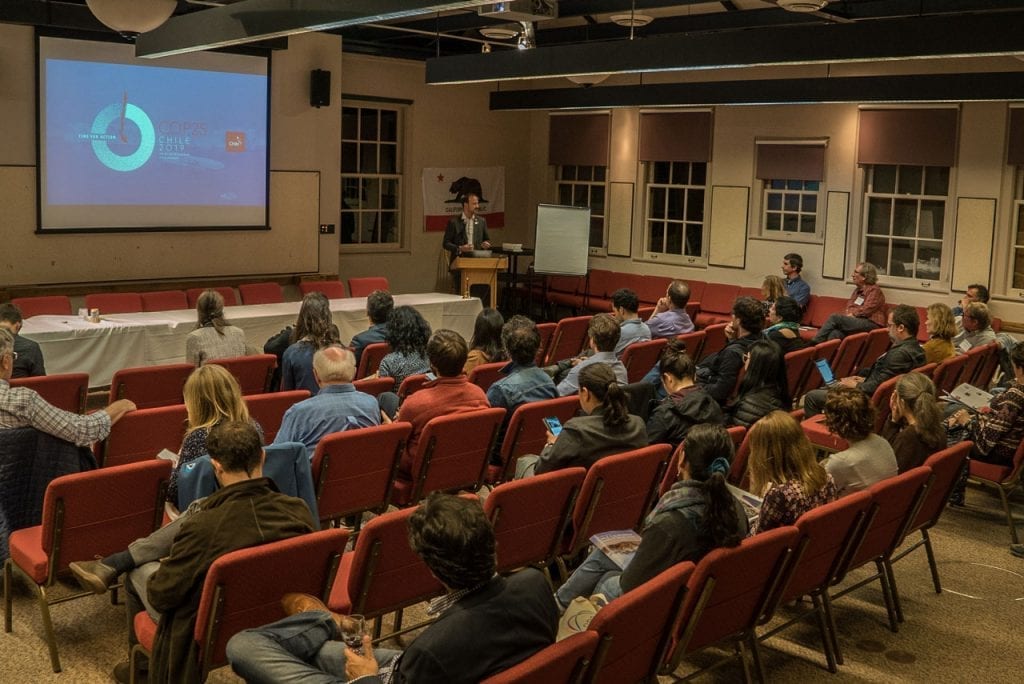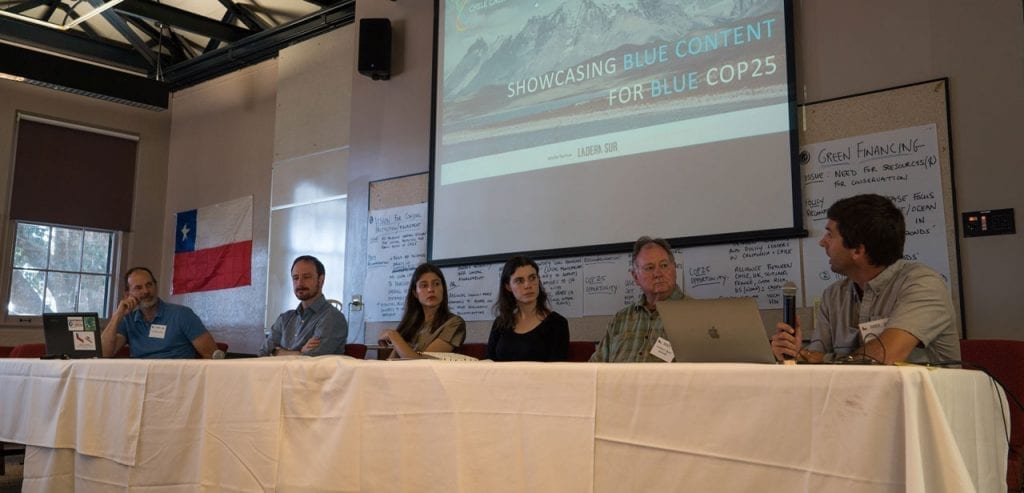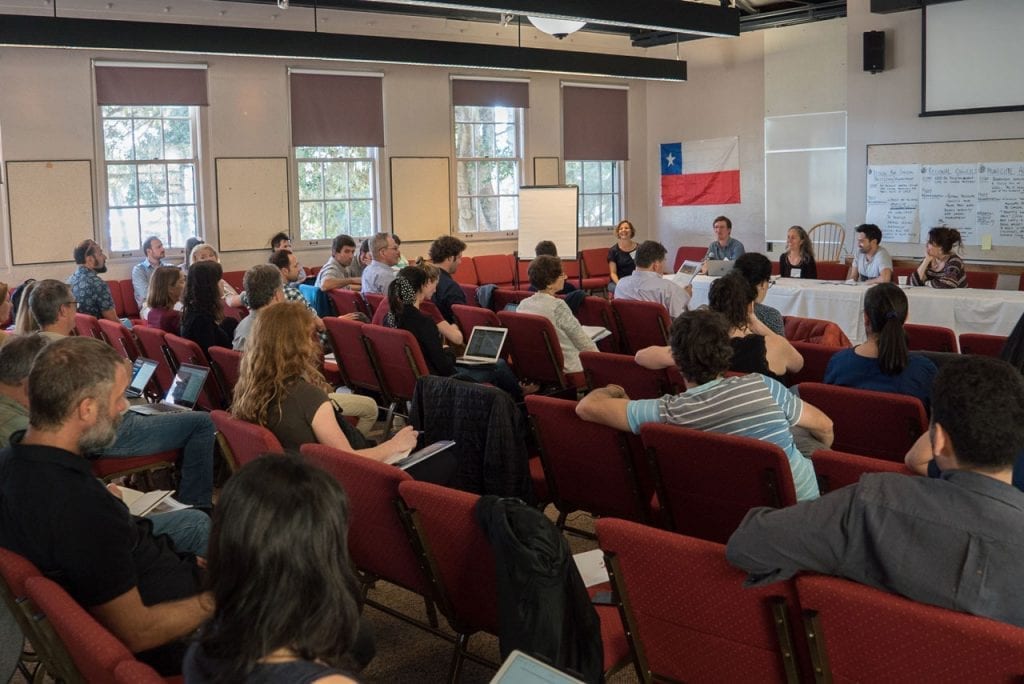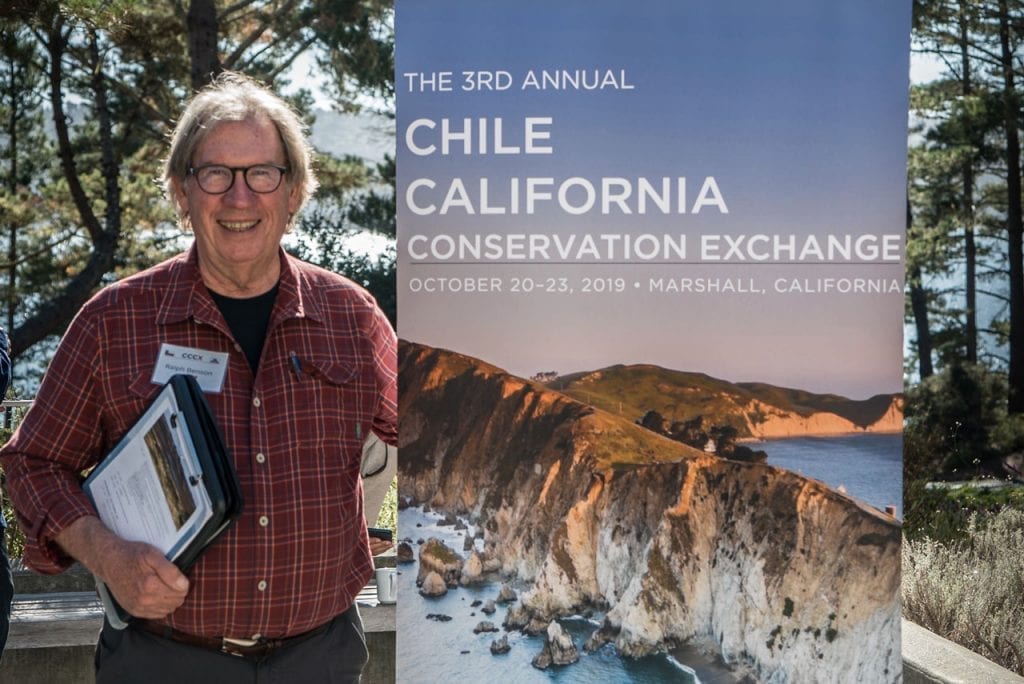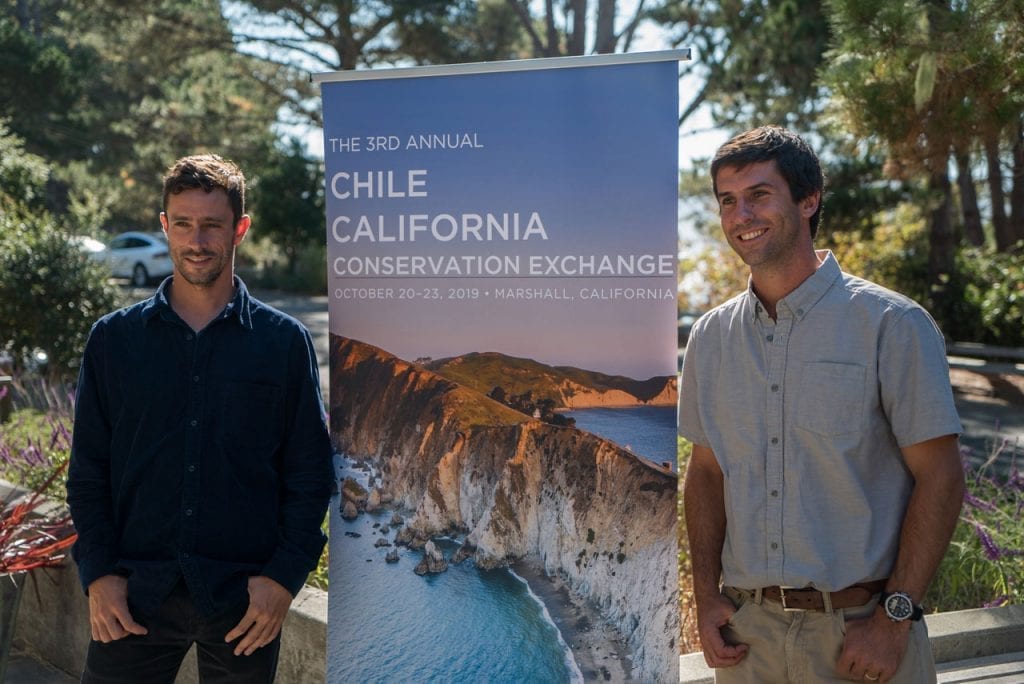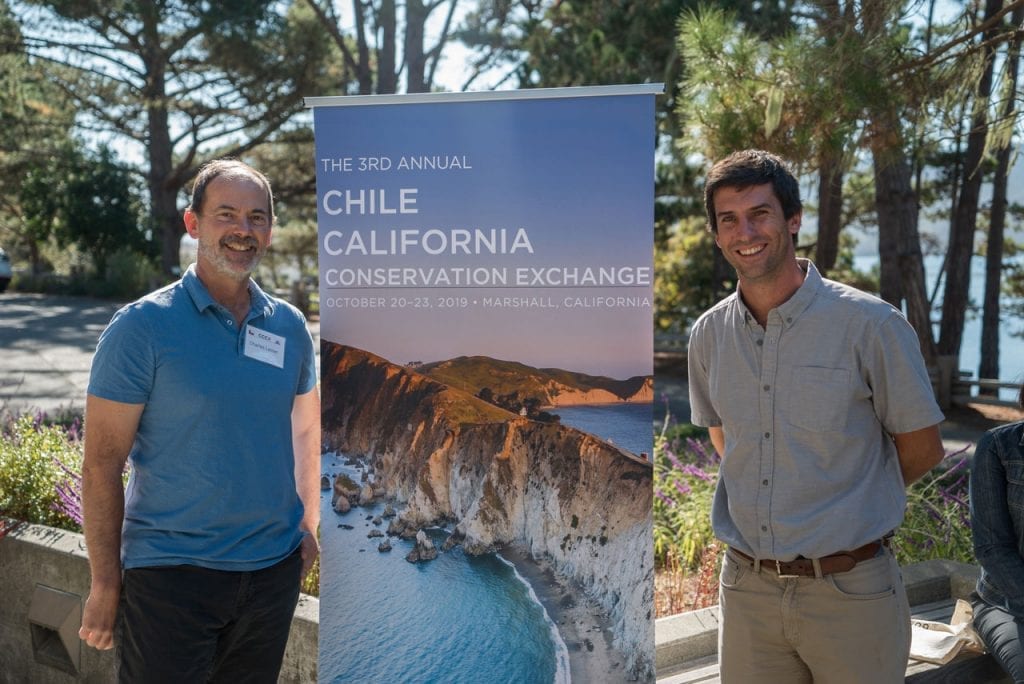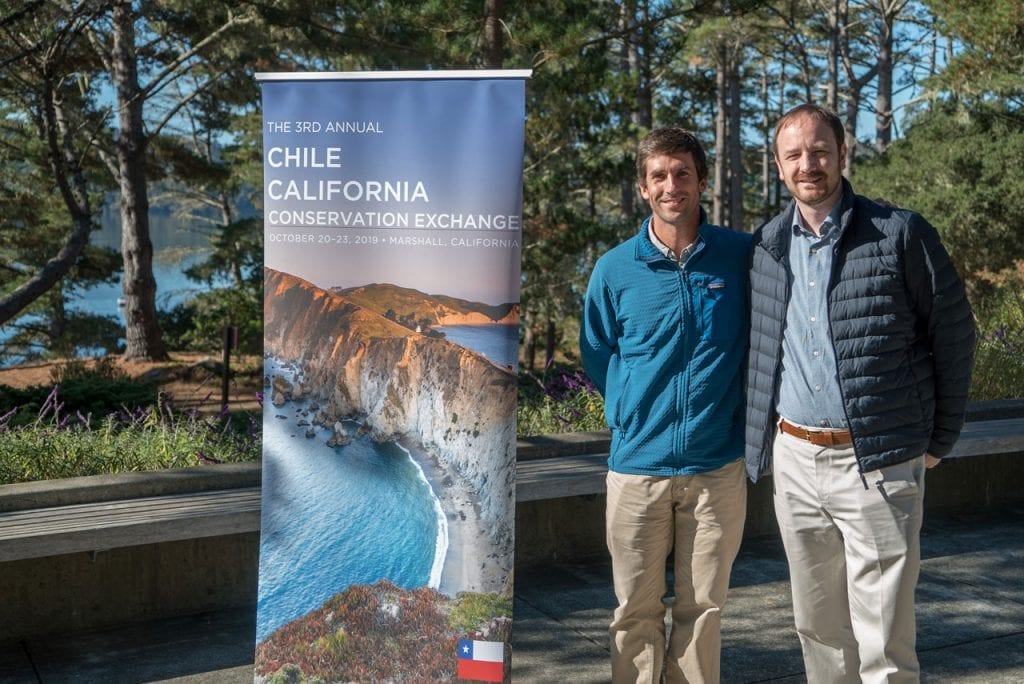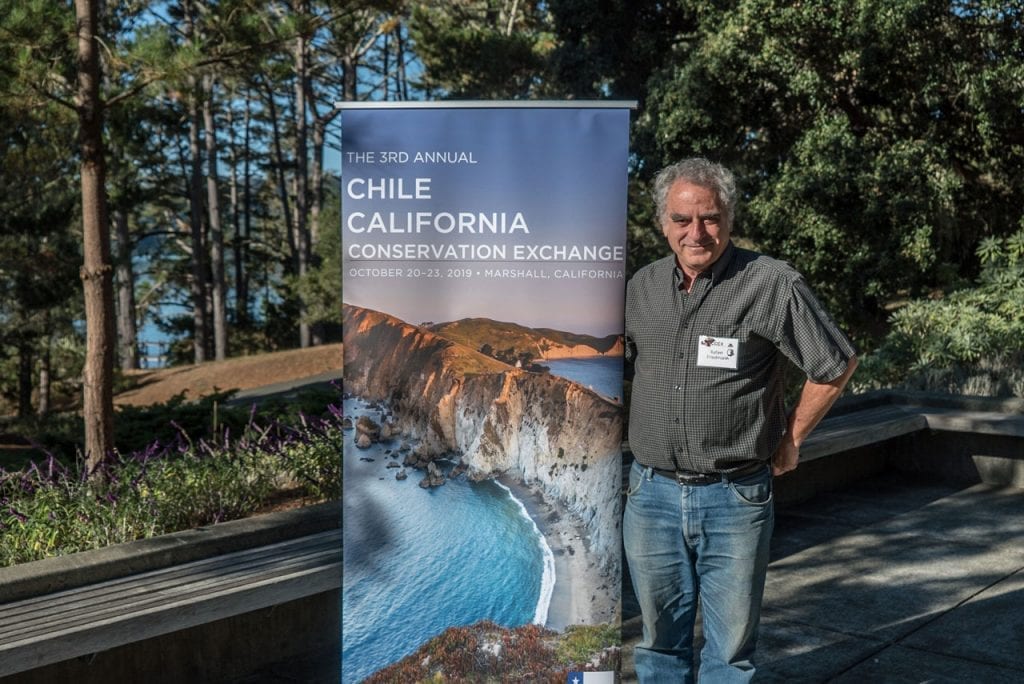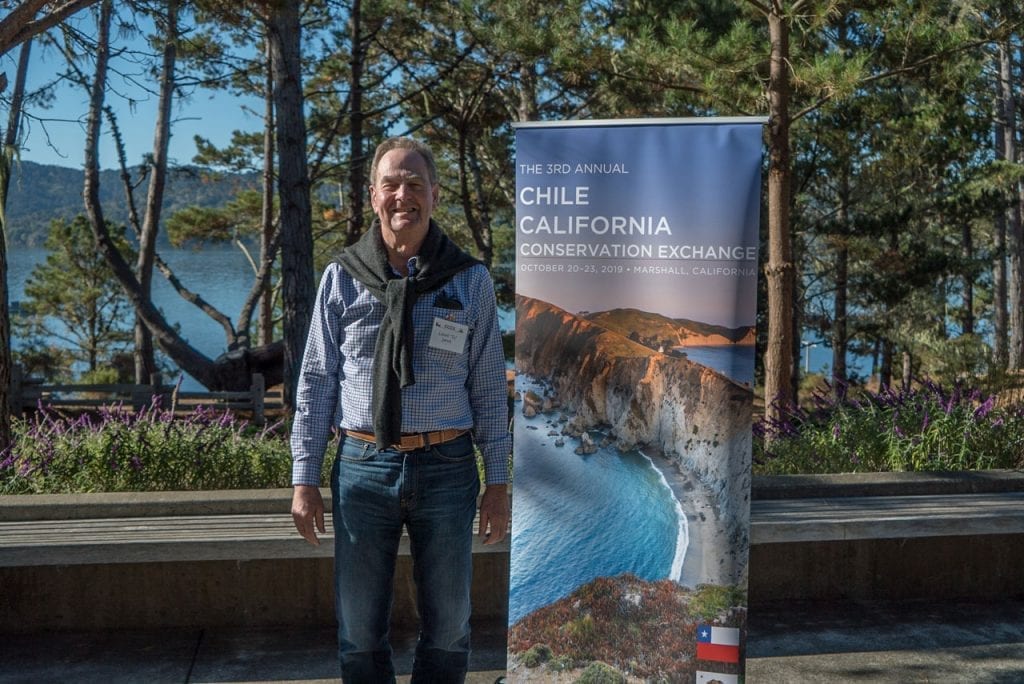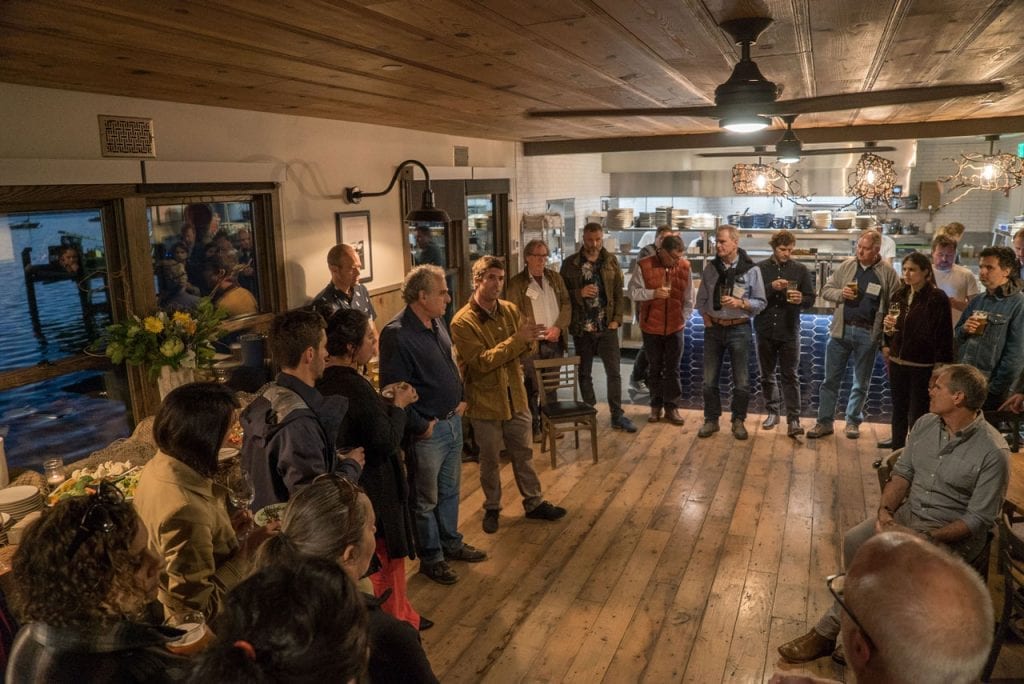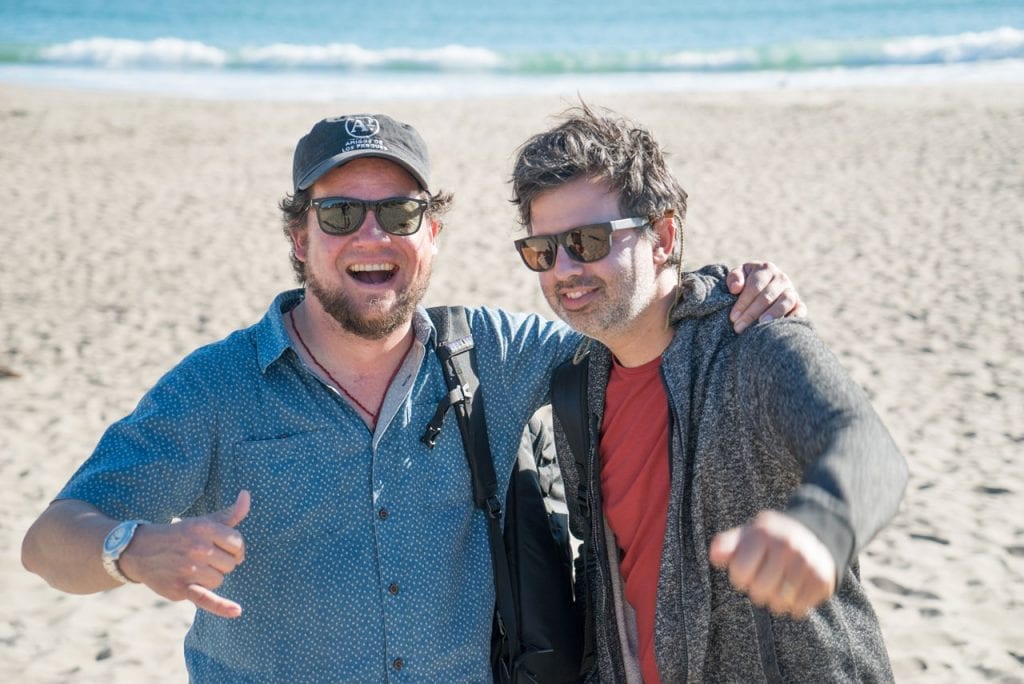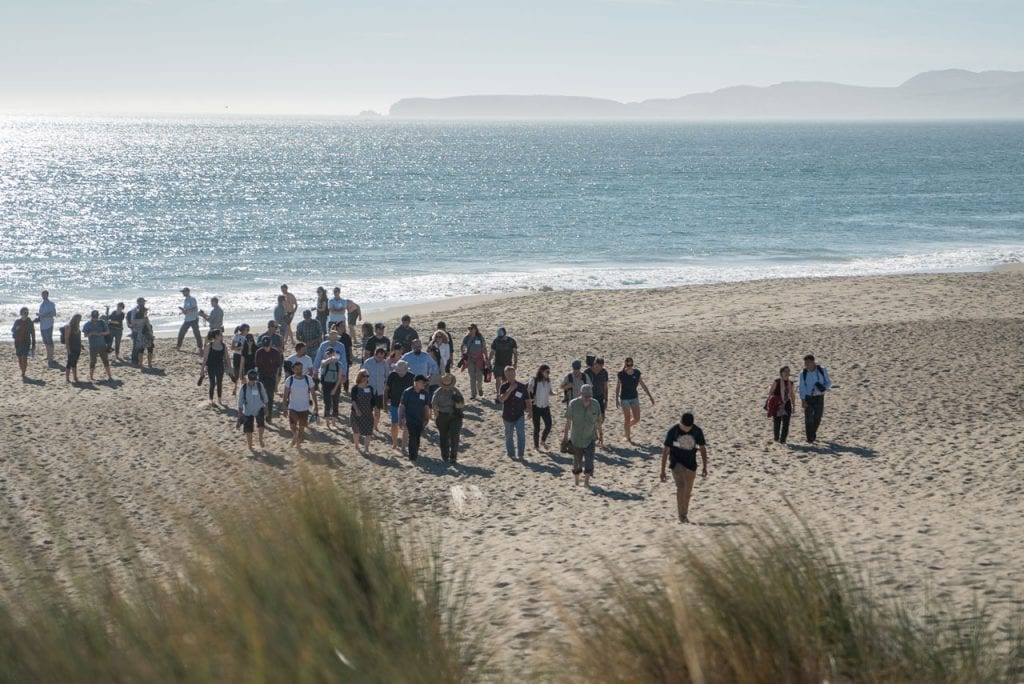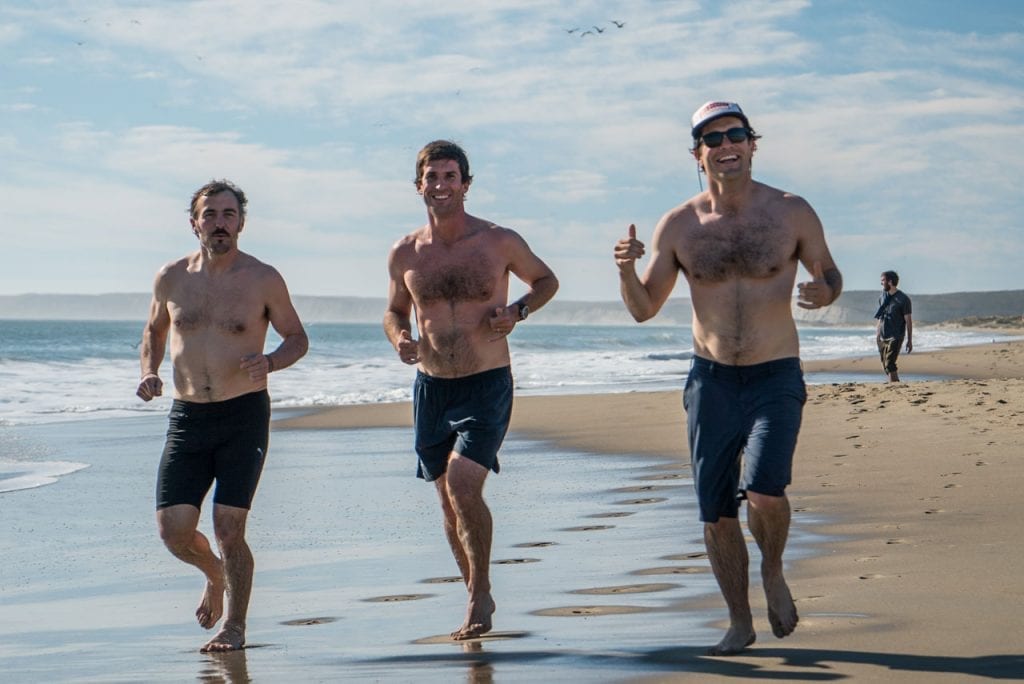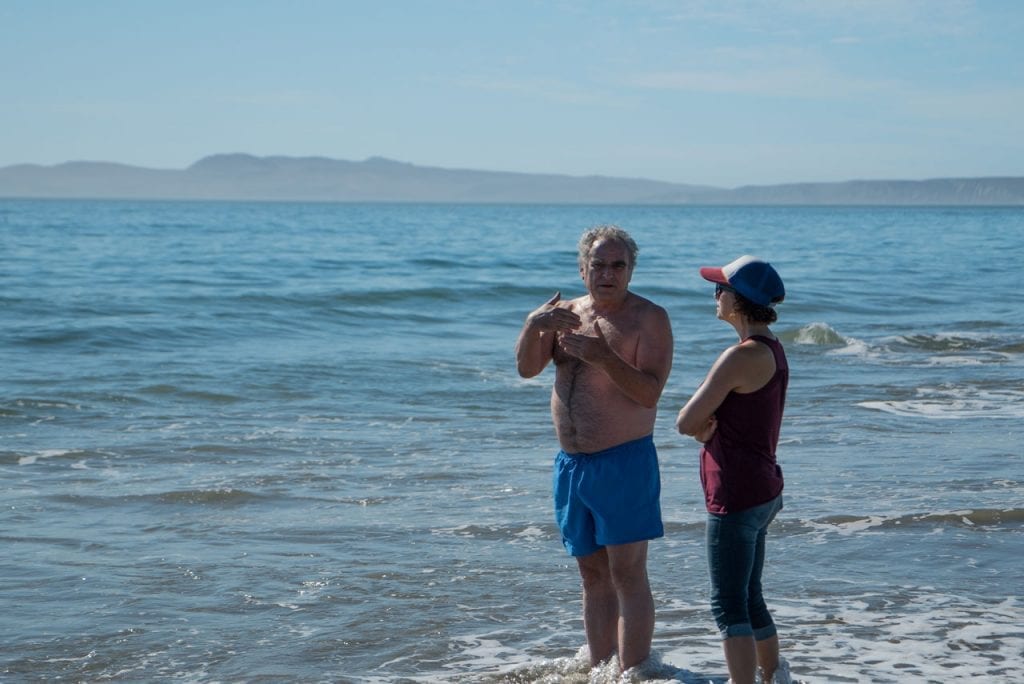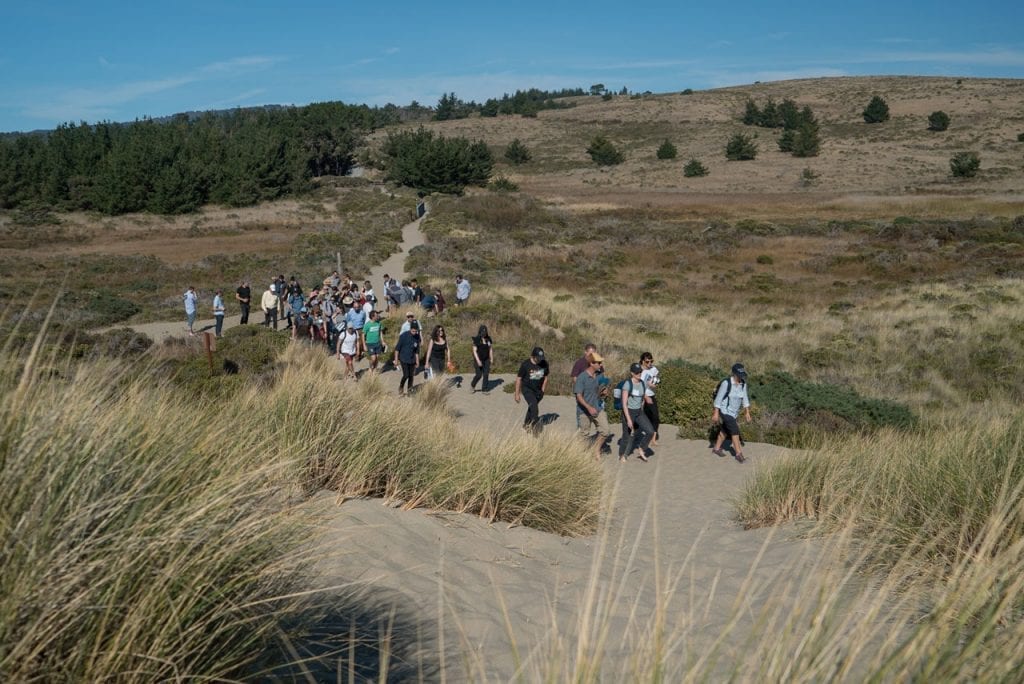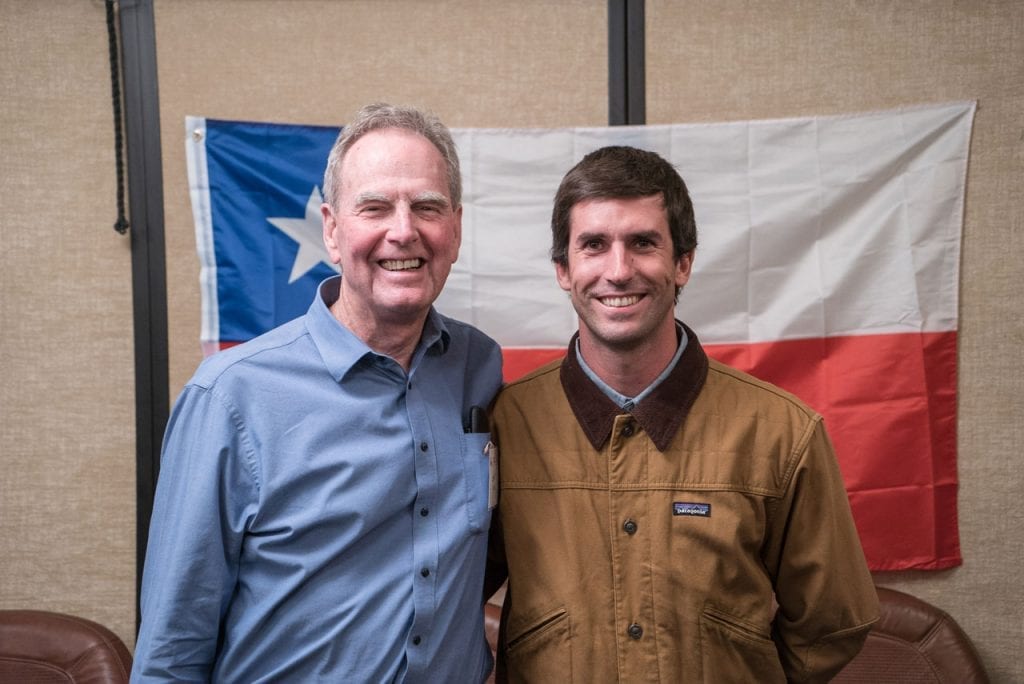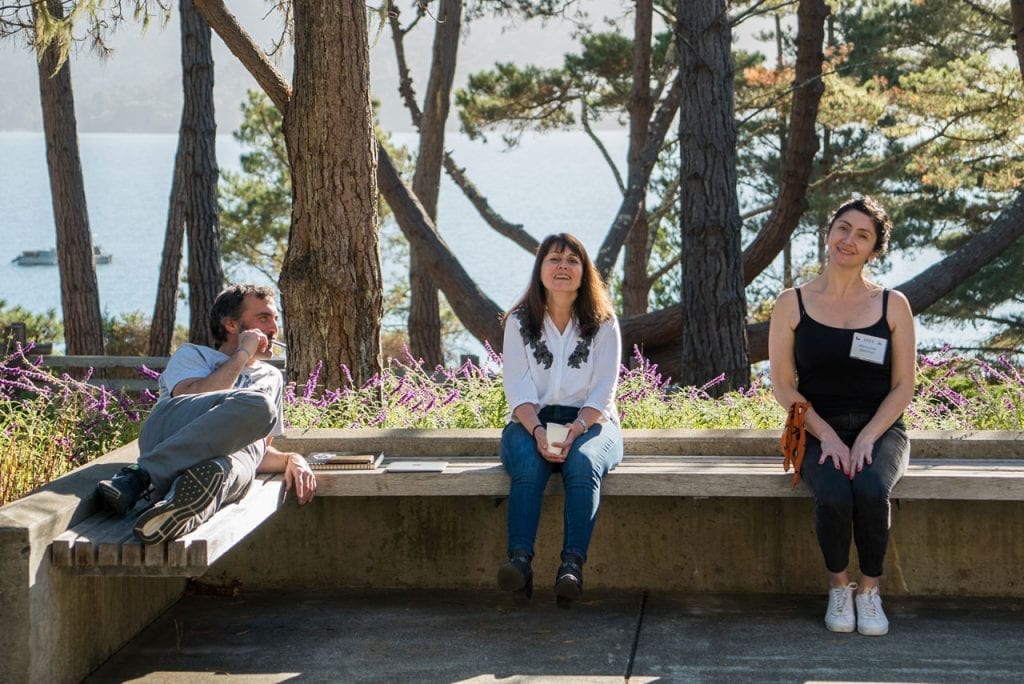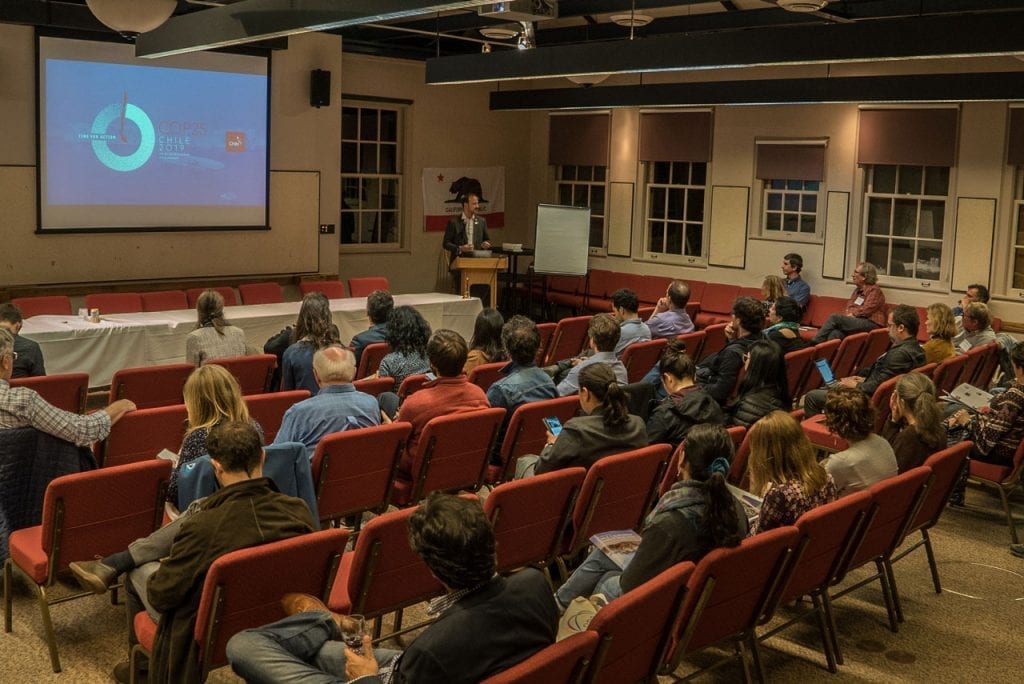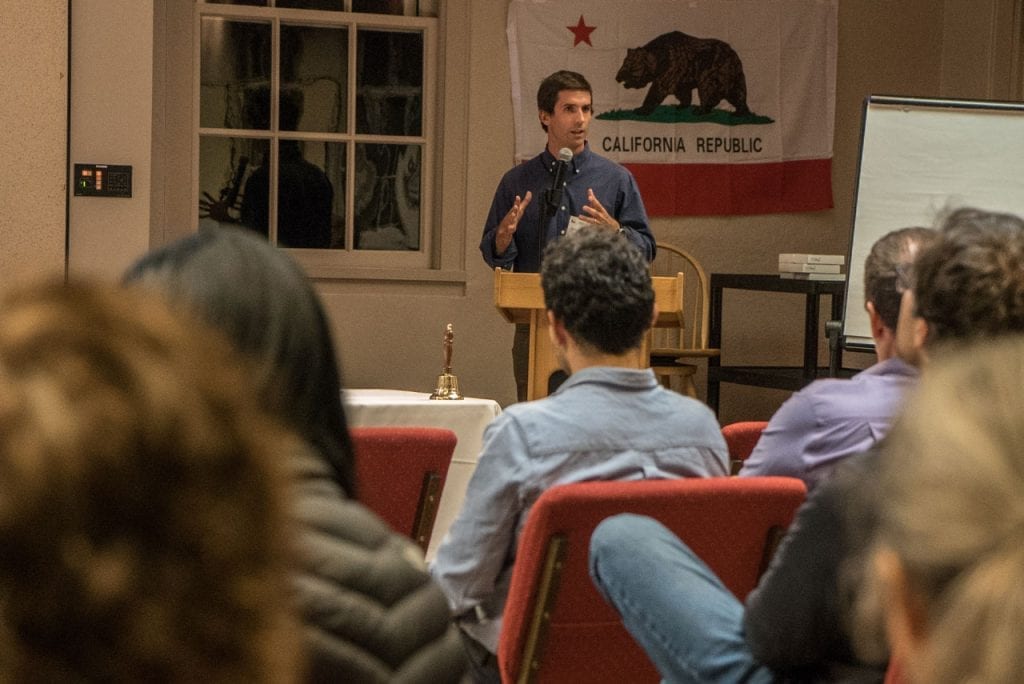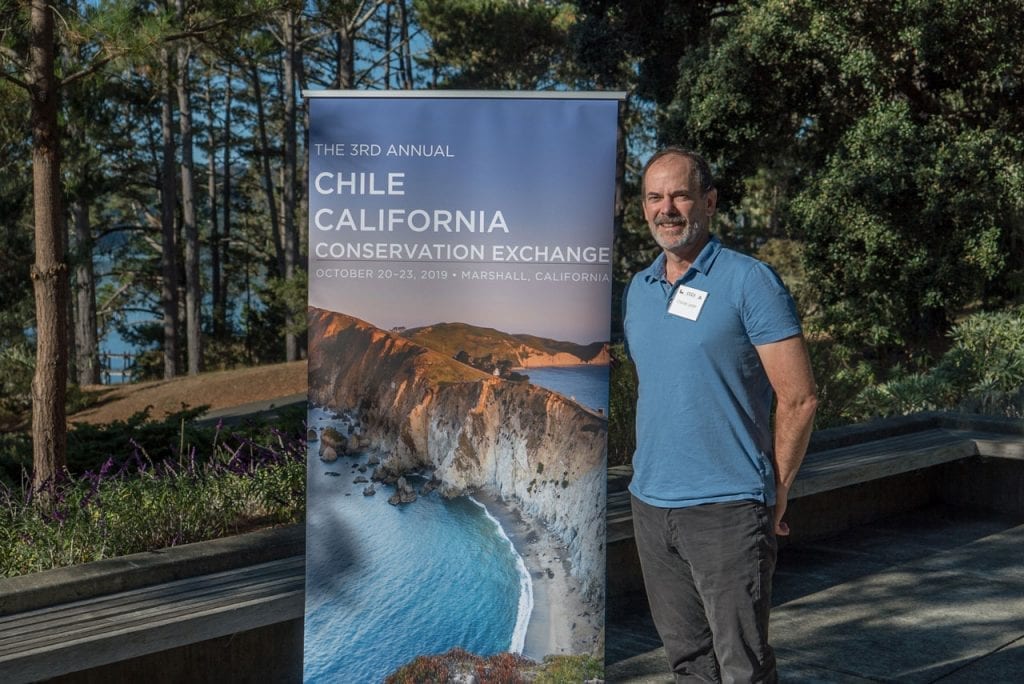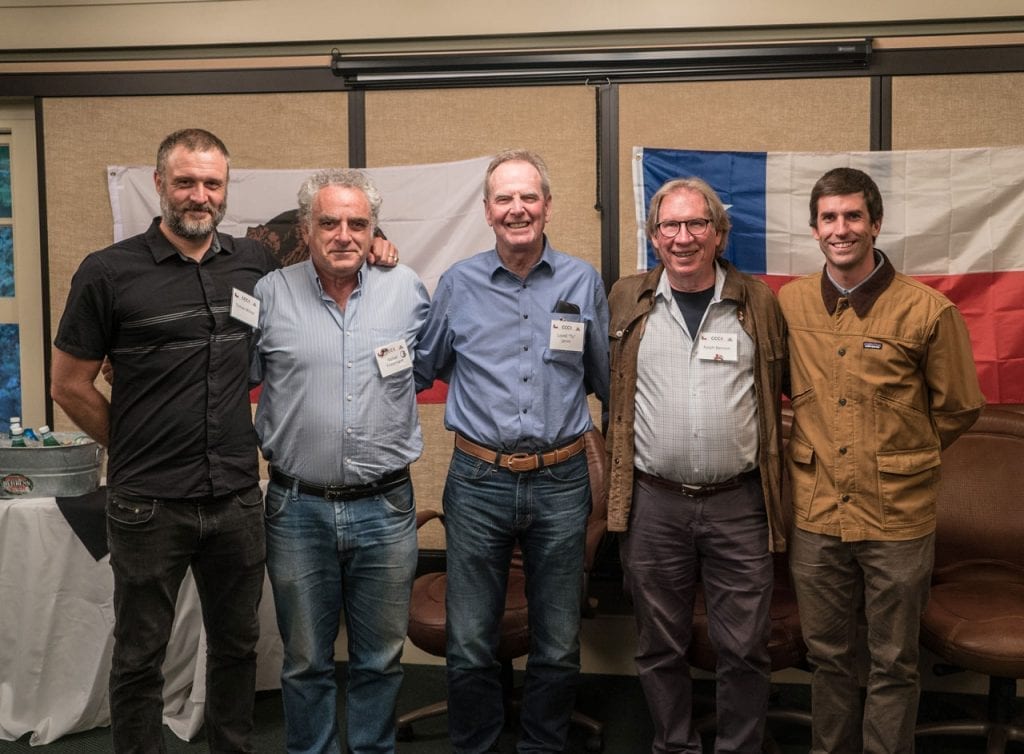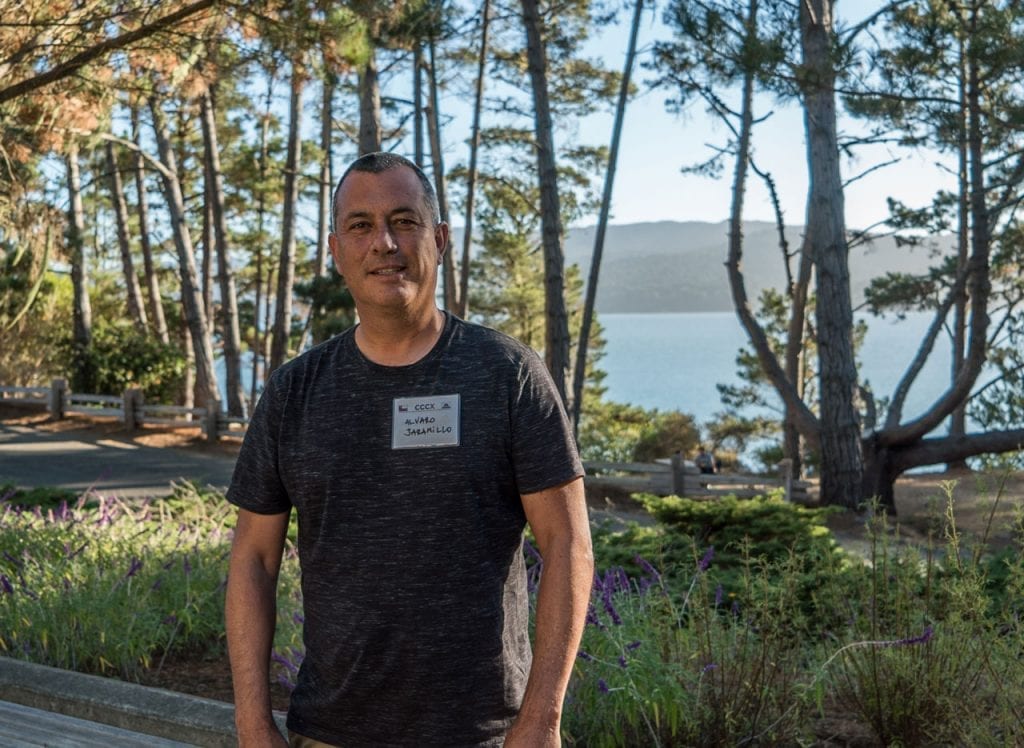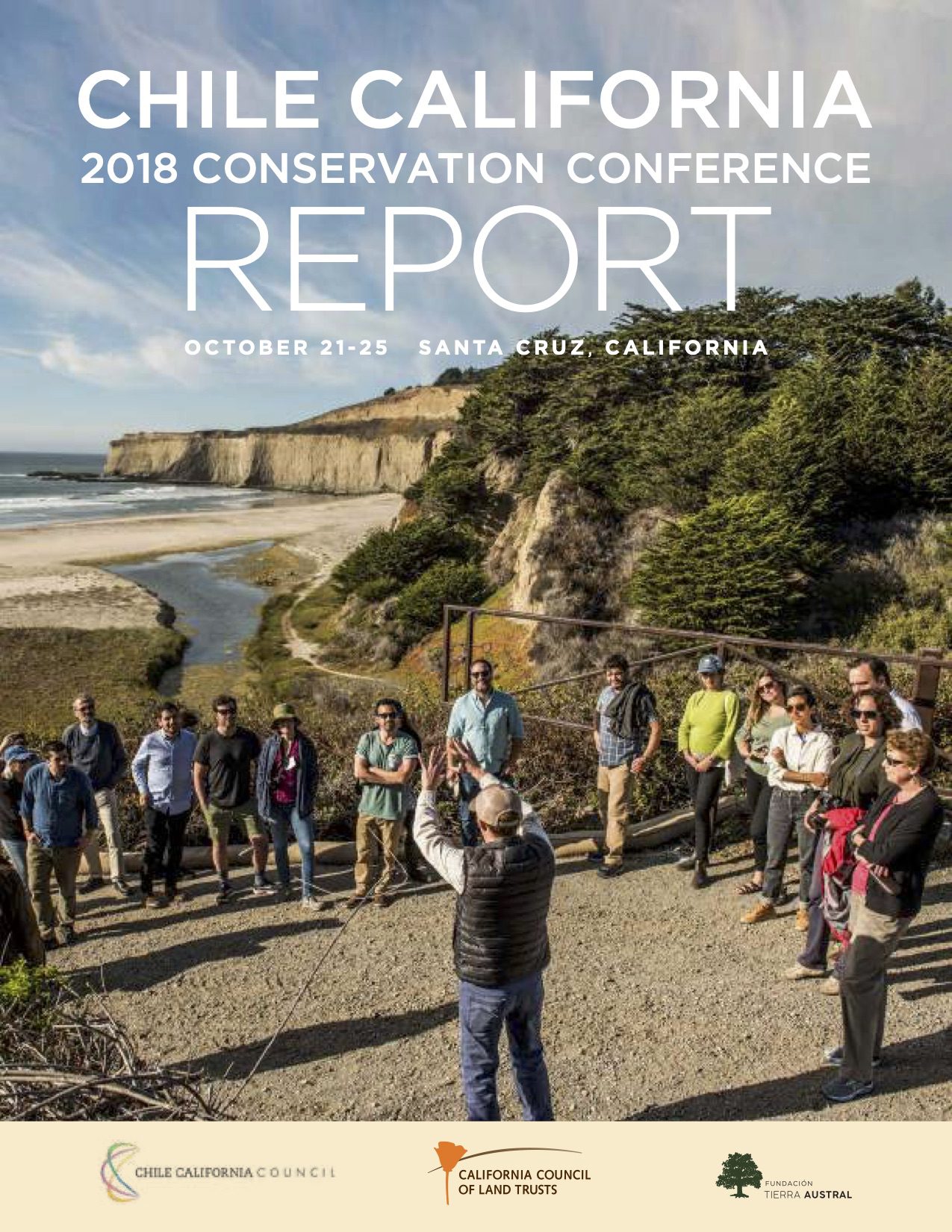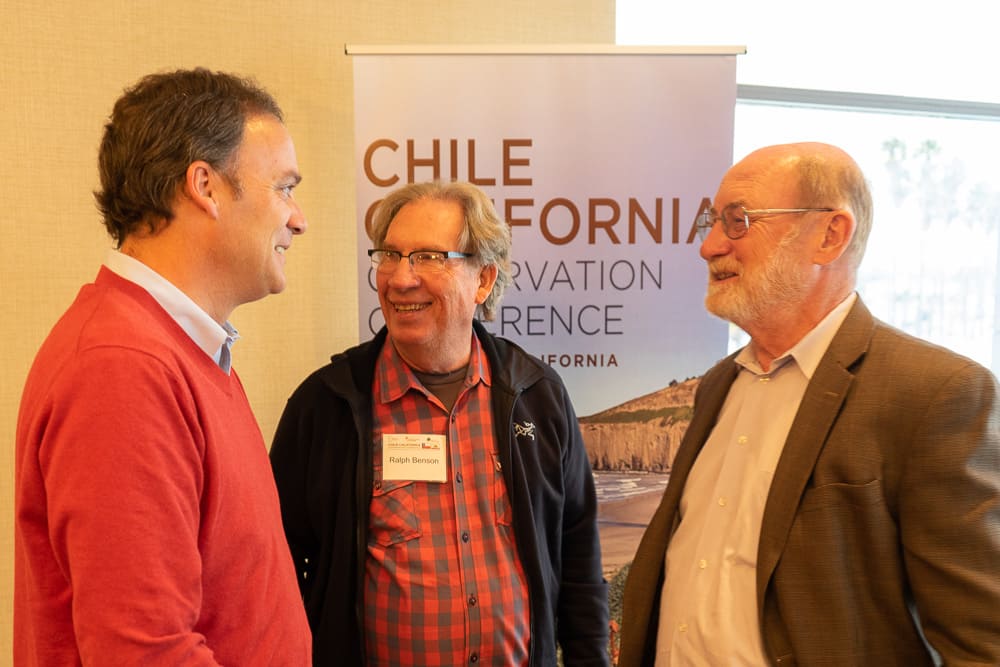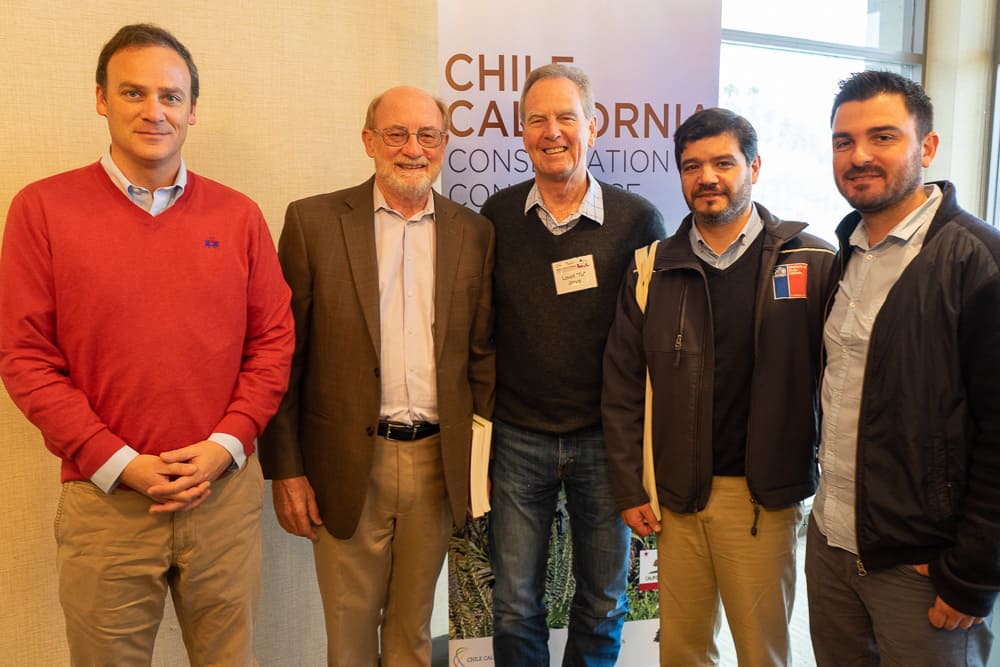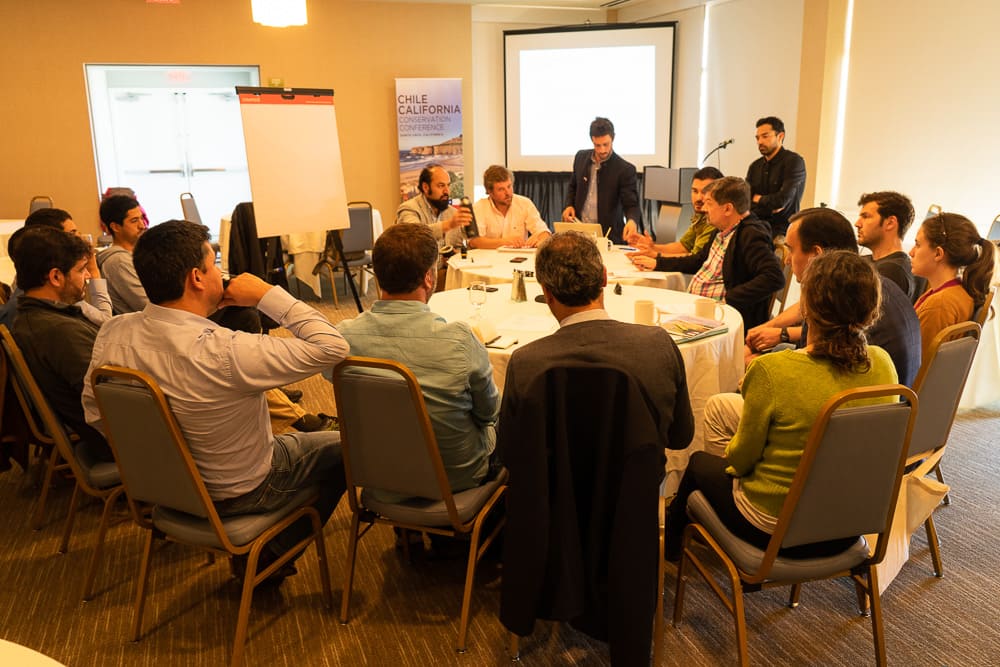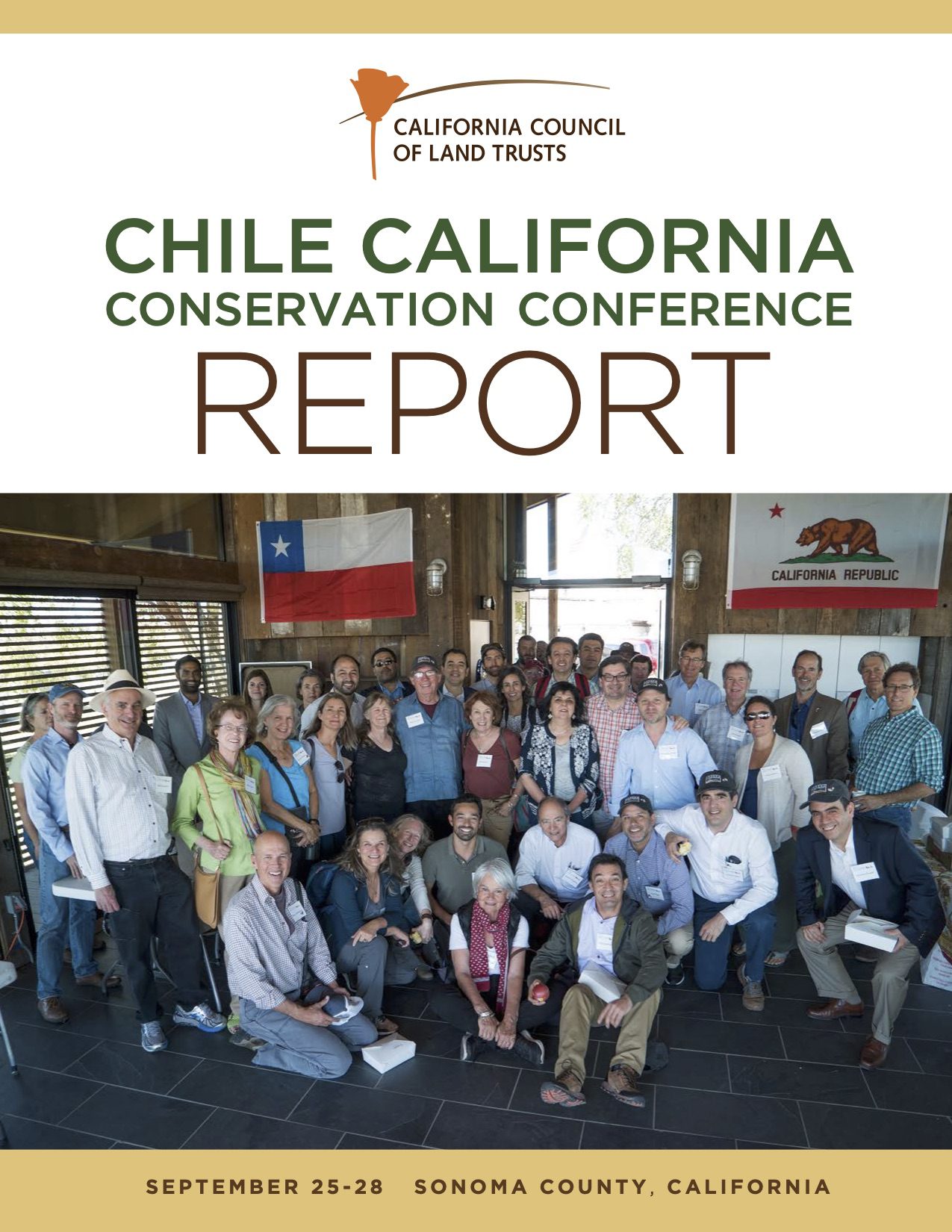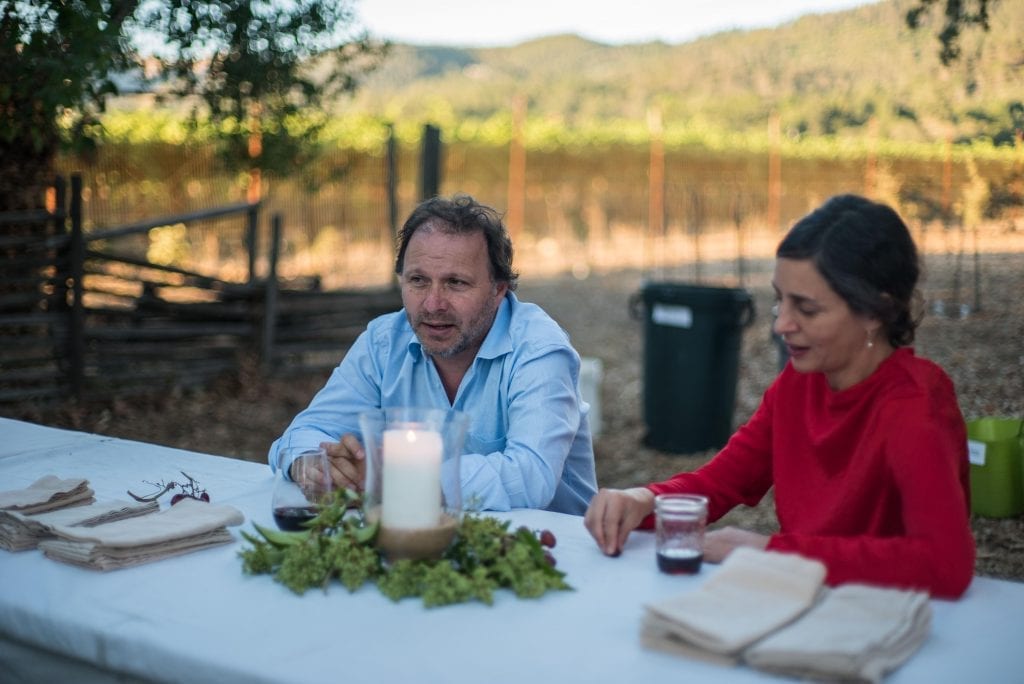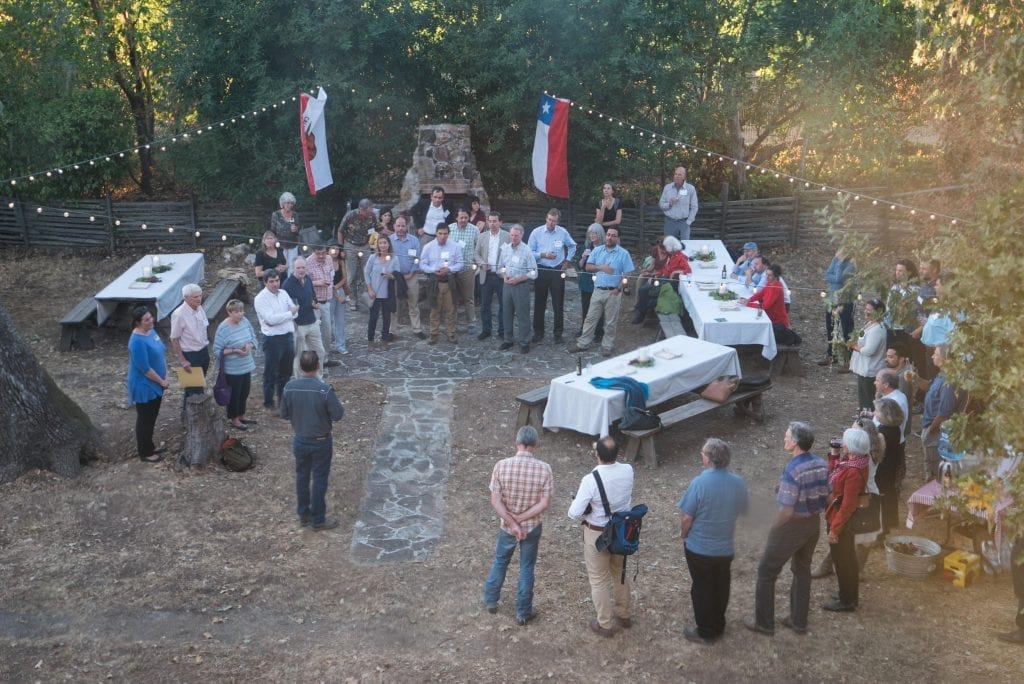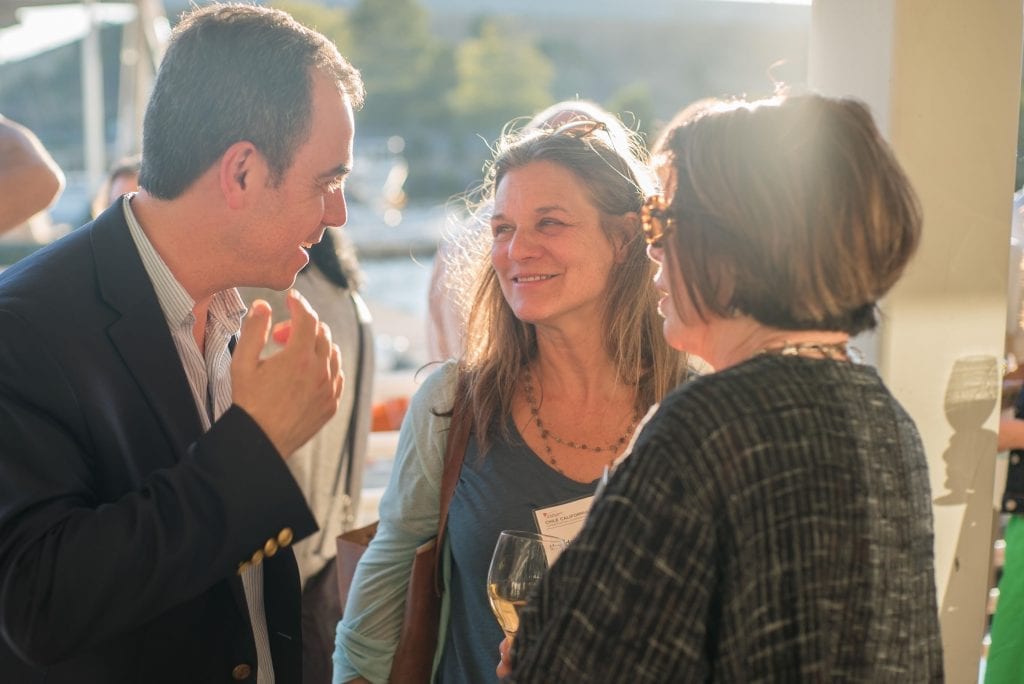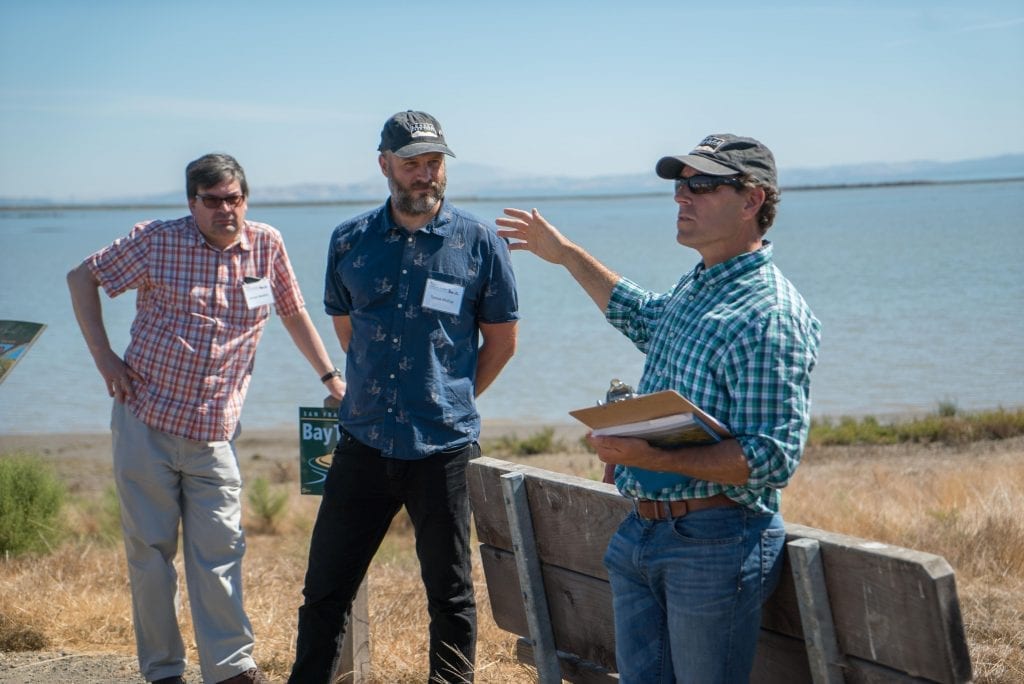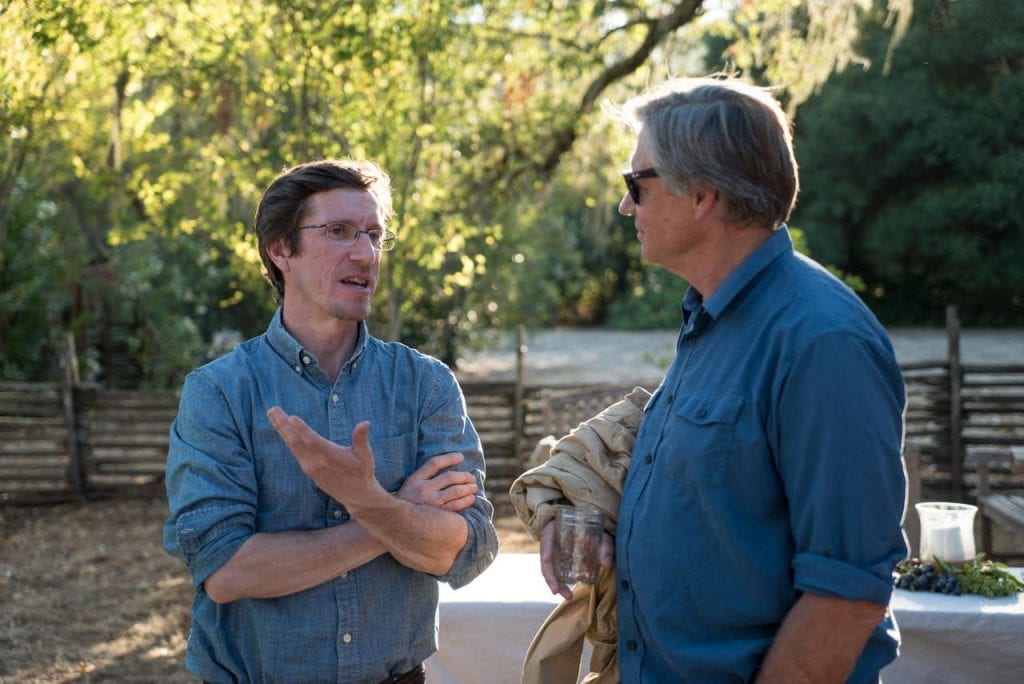Protección de la la naturaleza y una nueva constitución para Chile: Lecciones de la Doctrina del Public Trust
With the sponsorship of the Chile California Conservation Exchange and Universidad Diego Portales, through the Contexto Project, this report aims to examine the concept of the Public Trust Doctrine and consider whether its principles might be incorporated into the new Chilean Constitution in order to provide greater protection of the natural environment. In response to a deep political and social crisis, Chile has begun a process of drafting a New Constitution that has generated high expectations in the population, especially in terms of environmental protection. This report shows that the current constitution has deficiencies in this area that have not allowed a sufficiently robust protection of the environment and natural assets. With this in mind, the report investigates whether the public trust doctrine can provide elements to remedy the imperfections of the current constitution. This doctrine holds that certain elements of nature are subject to a special obligation on the part of the government to administer and protect them for the benefit of the public. The report describes the central characteristics of this doctrine in the United States, its jurisprudential evolution and how it has been included in constitutional texts in states such as Hawaii and Pennsylvania. The report is aware of the institutional and cultural differences between the United States and Chile, and therefore critically compares the public trust doctrine with similar doctrines in Chile, such as the public domain and the social function of property. It also analyzes the implementation challenges that a clause inspired by the public trust doctrine in Chile should have, particularly in terms of the functions of the legislature, the administration and the courts. This report concludes by recommending strengthening environmental protection through the inclusion of a clause in the new Constitution that is inspired by the Public Trust Doctrine. Such a clause should (1) establish a duty on the part of the State and its subordinate agencies to protect nature (including the integrity of terrestrial, marine and freshwater ecosystems) for the health and benefit of the public including future generations, and (2) provide that when it is in the public interest to allow the private appropriation of natural resources, the State has a duty to assure that such private use accommodates the public interest. The Constitution should also enable citizens to enforce the public trust in courts and in administrative agencies. It is important that the Constitution specifically establish a duty that binds the government and is enforceable by citizens.

